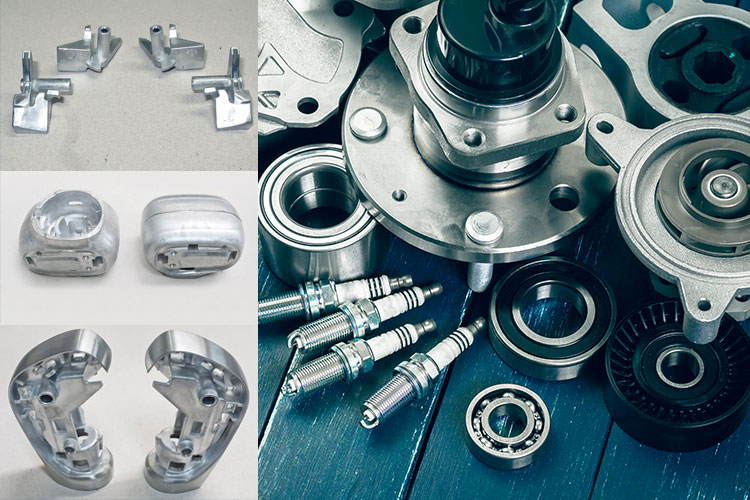- 22-07-2020
- Articles
Challenges for the industry in the new global scenario
The reactivation of economy after the brake caused by the pandemic at a global level will bring a change in production, use and consumption trends: Industry 4.0 is just around the corner. We are now witnessing the early digitalization of many activities, a process that companies were already contemplating but has, in many cases, been accelerated to overcome the obstacles raised by the crisis.

Each industry, sector and business will react differently to recover from the coronavirus crisis, but there are certain guidelines that will suit everyone. In particular, the industrial sector dedicated to metal processing - such as die-casting companies like Gurelan - will experience a boom in automation, and global supply chains will be redesigned as a result of the relocation of production to nearby countries, combined with the vulnerability of relying exclusively on Asian suppliers.
For example, in the automotive parts supplier sector, the COVID-19 epidemic has only accelerated the transformation that the Spanish automotive component industry was already experiencing. We are talking about a leading sector for the economy, and one of the most demanding in the market, where tolerances are minimal, both in terms of quality and customer satisfaction.
For example, Gurelan produces die-cast safety parts made of Zamak for automotive, such as components for ABS and door mechanisms. In spite of the coronavirus, this type of injected parts made of Zamak, Magnesium or Lead have continued to be produced without rest, otherwise many industries would have been forced to close down, both in the automotive sector and in other.
Industry 4.0 as a way to cope with future crises
In this sense, the current industrial system has proved to be highly dependent on different factors, both from a provisioning point of view as well as the services needed to operate the value chain. Therefore, the situation requires pursuing a more resilient production mix. A major push towards reindustrialization is urgently needed to recover the sector and to withstand future crises effectively. The implementation of direct or indirect incentives for process innovation or Industry 4.0 could be one of the ways forward.
Betting on Industry 4.0 means investing in productivity, competitiveness, savings and a more efficient maintenance of the whole productive chain. For example, digitalization contributes to reaching objectives related to energy efficiency, waste reduction and safety and quality policy in the workplace, among many other issues.
The challenges of reindustrialization 4.0
- We need to design a strategy that will structure a new, more robust and resilient economy: in the short term, the fall in consumption, the loss of confidence and the lack of liquidity can be recovered if credit flows first.
- Decarbonisation: the need to adapt the productive sectors to an emission-free model represents an opportunity to boost the economy and the recovery process
Before the crisis, Industry 4.0 was already promoting relocation by reducing the competitive value of cheap labour, lowering energy and environmental costs associated with transport over long supply chains. After overcoming this downturn, companies that survive short-term financing difficulties and take advantage of digitalisation in the long term will be able to lead the transformation of the industrial sector. Another key lesson from the crisis will be driven by the dependence of suppliers on human capital and the impacts of social alienation.
Is the industrial sector ready for Industry 4.0?
Mainly yes. Logistics infrastructures, means of transport, factories and capital assets have a more elastic economic resilience than other actives, i.e. an economic capacity that allows a region or an entity to resist and/or adapt to the forces of change. Therefore, the industrial sector is prepared to reset itself and adjust its competitiveness to the market conditions imposed by economic reconstruction.